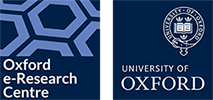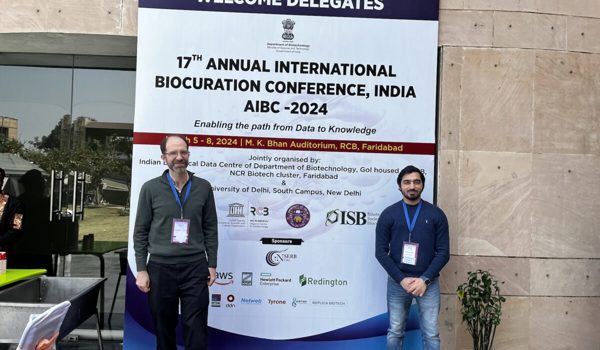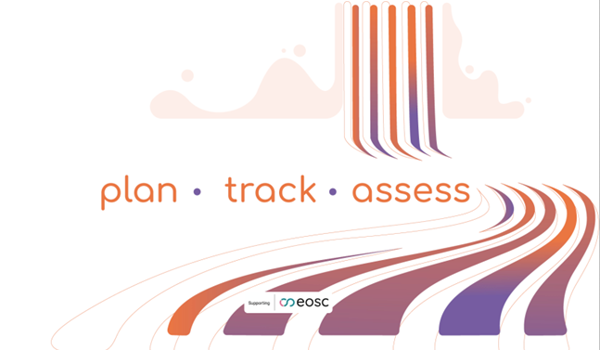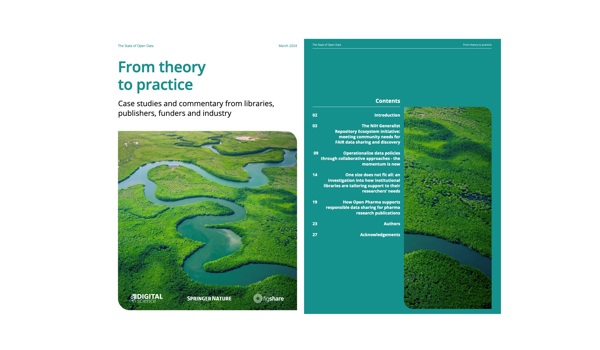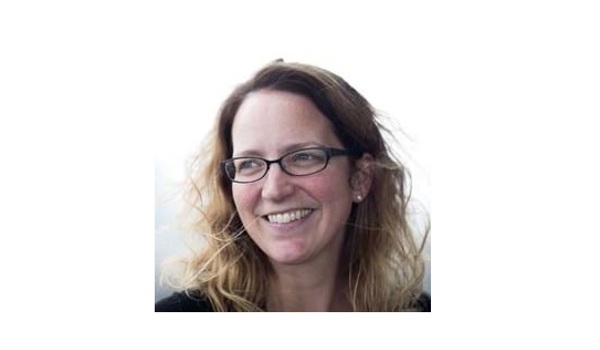11 Nov 2019
Unlocking Musicology project releases operatic ‘Digital Companion’
Innovative new software enables novel exploration of musical motives in Richard Wagner’s opera Lohengrin
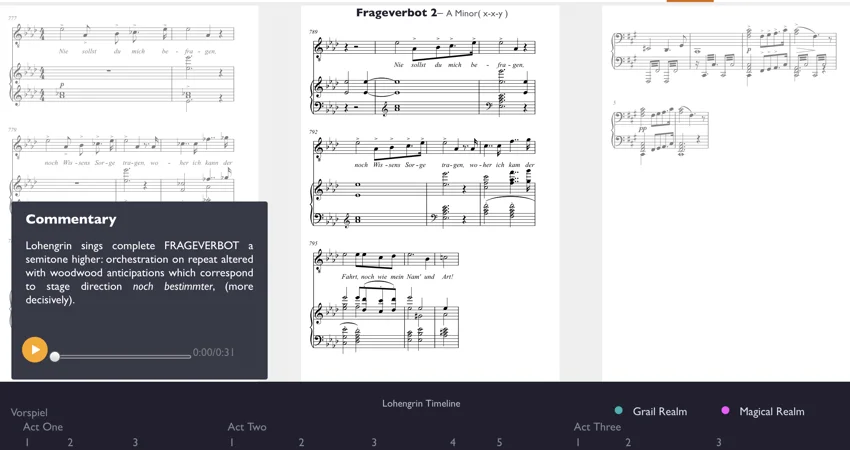
Digital Companion (with TimeMachine view)
The AHRC funded Unlocking Musicology project at the Oxford e-Research Centre has launched innovative new software enabling novel exploration of musical motives in Richard Wagner’s opera Lohengrin.
An interactive tablet application acts as a digital companion to the essay “Asking a Forbidden Question: A new view of musical themes in Wagner’s Lohengrin” written by project collaborator Laurence Dreyfus, Professor Emeritus in the Faculty of Music and an Emeritus Fellow of Magdalen College.
Dr. Kevin Page, principal investigator of Unlocking Musicology, explains that “the Digital Companion illustrates how one musical motive is altered each time it recurs, reflecting its role in the drama, and exploring Wagner’s sophisticated treatment of recurring themes. Users of the app can first find motives across the entire opera in a Time Machine view, then make detailed comparisons through audio, score excerpts, orchestration visualisations, and the opera text”.
The software was developed by researcher David Lewis, building upon the Centre’s MELD framework (https://www.oerc.ox.ac.uk/news/centre-releases-music-encoding-software). Musicological analysis from the essay is encoded using Linked Data, creating an independent, repurposable, and open Research Object. Interactive user views are generated directly and dynamically from this knowledge graph, enabling the user to navigate all possible paths through the supporting multimedia materials.
“Visualisations and recordings support the musicological analysis, making it accessible to an audience that may struggle with a Wagnerian orchestral score”, adds Dr. Page.
In addition to app, the project has produced a 30 minute video (https://youtu.be/aR1C6RnXfyw) in which Prof. Dreyfus introduces the Digital Companion and his motivic analysis of Lohengrin - both can be found on the project website (https://um.web.ox.ac.uk/lohengrin). The app will also be shown at the demonstration session of the International Society for Music Information Retrieval Conference ISMIR 2019 (https://ismir2019.ewi.tudelft.nl) on Friday 8th November.
About Unlocking Musicology
The Unlocking Musicology project has taken methods and analyses from digital musicology to demonstrate their utility beyond academia, with a focus on the flexibility and portability offered by digital approaches. For example, commercial companies such as publishers might wish to better index or display their music and music-related holdings; cultural and charitable bodies holding rich collections of musical heritage might seek to make these more accessible. The digital foundation for this methodological reuse was laid in the precursor Transforming Musicology project (https://tm.web.ox.ac.uk/), which adopted Linked Data descriptions during development of its data, methods and results.
In addition to developing the Lohengrin Digital Companion, Unlocking Musicology has worked on demonstrators with partners at the New York Philharmonic Archives, Répertoire International de Littérature Musicale (RILM), and the Internet Archive. Earlier this year, in July, the project held a “Narratives through Data” event where members of the public met the project team and gained hands-on experience of the software.
More information can be found on the project website (https://um.web.ox.ac.uk)
